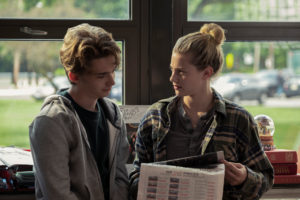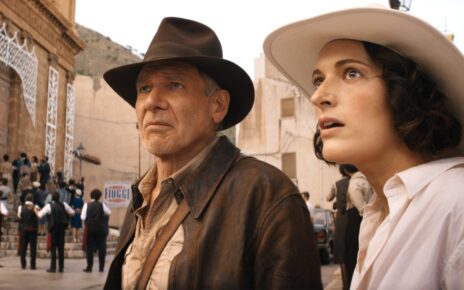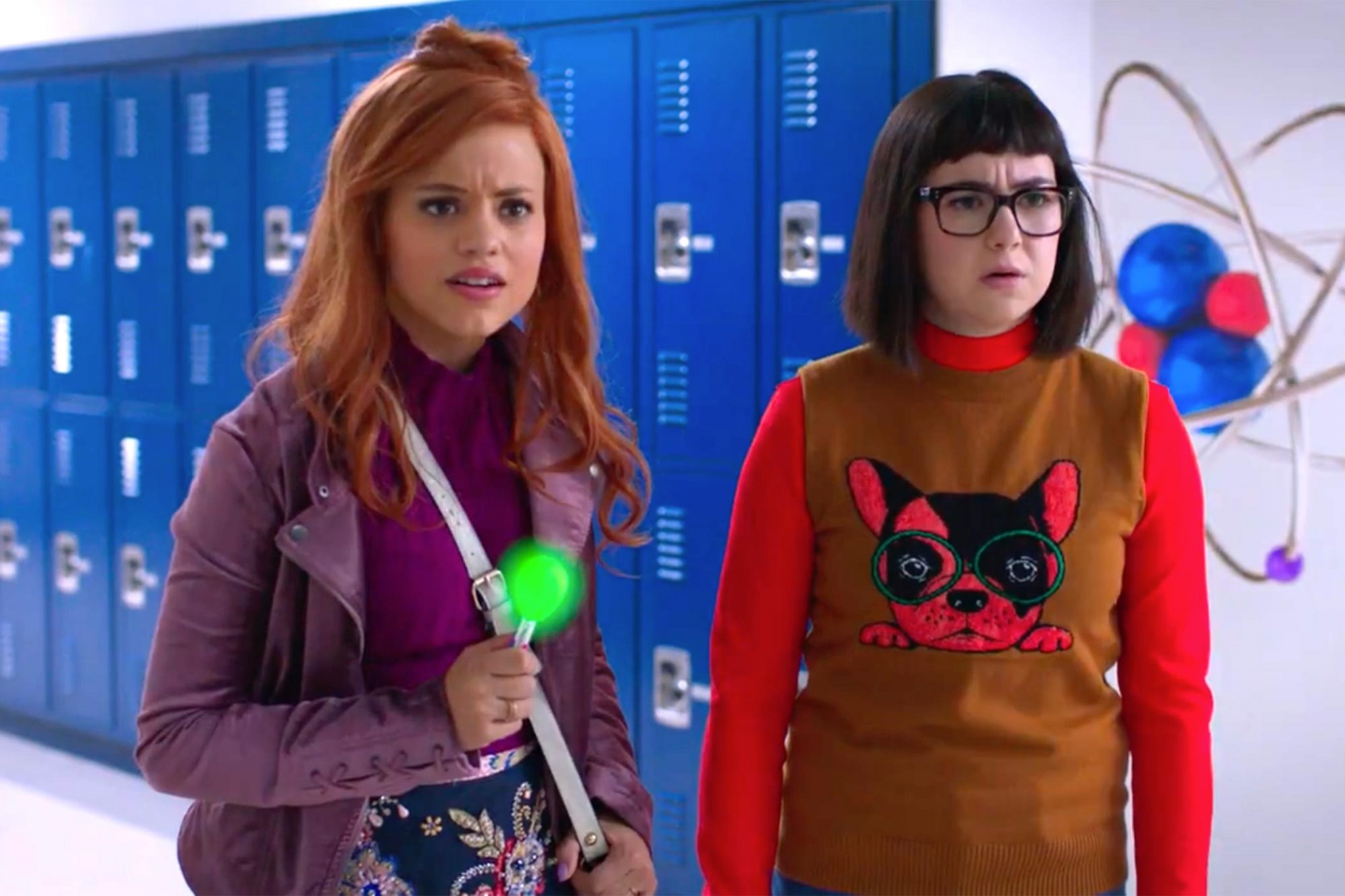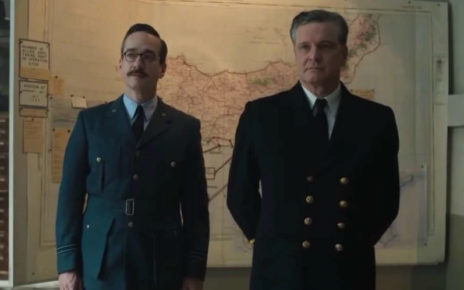Kintsukuroi is the Japanese art of breaking pottery and repairing it with gold or silver inlay. When it shows up in a film like this – a romance in which one of the characters has severe psychological damage, this is what we call a metaphor, oooooo. And it’s a really sloppy metaphor, practically spelling out exactly what’s going on in the film in case you’ve been, I dunno, watching another film maybe. Even stoners playing “Call of Duty” during the Chemical Hearts experience would note, “sick metaphor, dude.” And it’s about as subtle as our heroine’s broken leg.
Operating off the theories of “less is more” and teen romance is only as compelling as the fragility of existence, Chemical Hearts sought to understate us to death while two appealing teens have a tepid romance for the ages. The boy is Henry Page (Austin Abrams), who to me looks like a cross between Clay Aiken and Joel Maisel. Henry is a senior, bucking for his high school’s coveted newspaper editor job, which he seems to win without a fight or enthusiasm. But there’s a catch; he shares the job with the gal, Grace Town (Lili Reinhart), whose crutches tell a tragic story that you’d never be able to guess from her perpetual depression, unless, you know, you were watching the movie … or playing “Call of Duty” while the film went on off to the side.
After their Meet Moot, Henry’s bus leaves him for dead, and he ends up accidentally walking Grace back to Town. She then drives him the rest of the way home. And by that, I mean she hands Henry the keys, has him drive her car, takes the keys back and walks home, leaving her car in front of Henry’s house. If nothing else, I was impressed with the amount of accidental exercise the players get. There’s a lot of can’t drive/won’t drive in Chemical Hearts, so it’s nice to see youngsters deciding maybe New Jersey isn’t such a bad place to walk in September.
drive in Chemical Hearts, so it’s nice to see youngsters deciding maybe New Jersey isn’t such a bad place to walk in September.
With neither encouragement nor discouragement, Henry makes Grace his project. I don’t think even Henry knows what he wants to do here; he just knows the hobbled, perpetually and outwardly depressed Grace is exactly his speed. And their romance goes from 0 to lope in the time it takes to read and discuss Chemical Hearts by Krystal Sutherland. Geez, I’ve never read the book and I can tell the book is better.
Tepid is the operative word for this film. I liked the idea of Henry and Grace a great deal more than actual Henry and Grace. The movie seemed content to meander along, wondering much like its audience whether the leads would fall for one another, and by the time they did, we’re all wondering how long it’s gonna last. After all, one of the people is really broken. Romances like this should involve older people, ones wary and distrusting of life; ones who view romance as a sucker’s game like Three Card Monty. The whole theme of this film is about how young love enables the blind stupidity in teenagers through chemical reaction, thus enabling choices sane people wouldn’t make. The message would come off a lot better if this film focused on the pre-tragic instead of the post-tragic. As is, the screen shows two emotionally wary teens about as ready to plunge into the unknown as fish is to jump out of its bowl. I really wanted to like this film; it was certainly better than your average Nicholas Sparks, but there just wasn’t much here to enjoy.
A couple with troubles amassed
Never took their relations too fast
Their collective “torrid”
I wouldn’t call “horrid”
But their “storm” was more like “overcast”
Rated R, 93 Minutes
Director: Richard Tanne
Writer: Richard Tanne
Genre: Tragic teen love of the week
Type of being most likely to enjoy this film: Slow moving teens
Type of being least likely to enjoy this film: Fast moving teens



